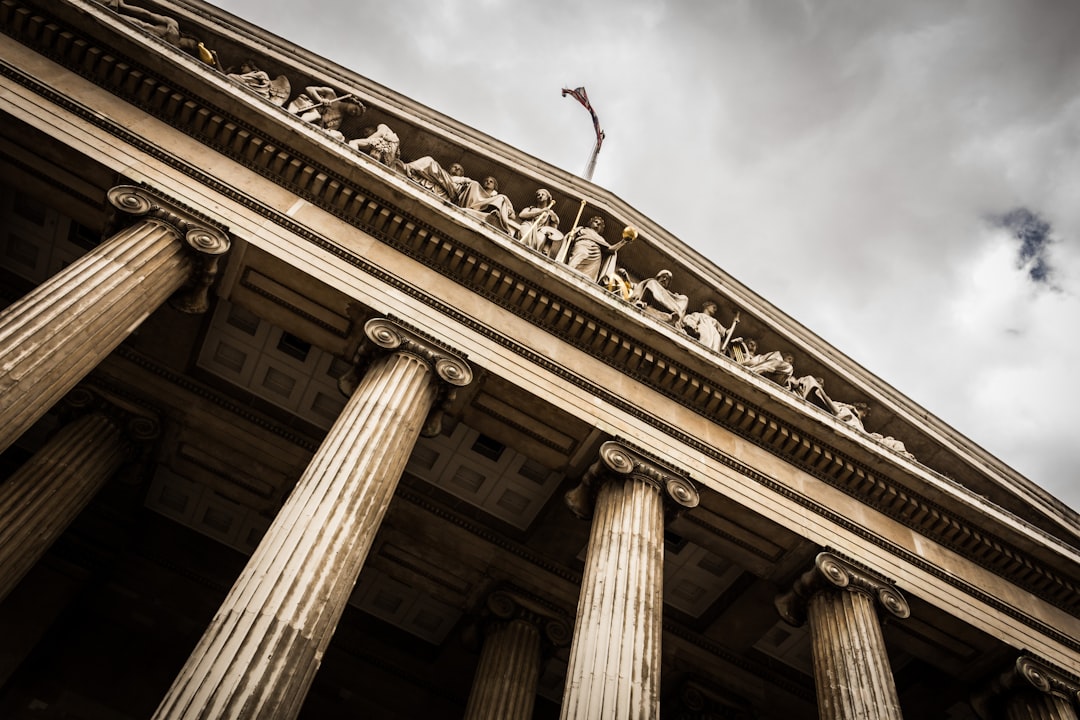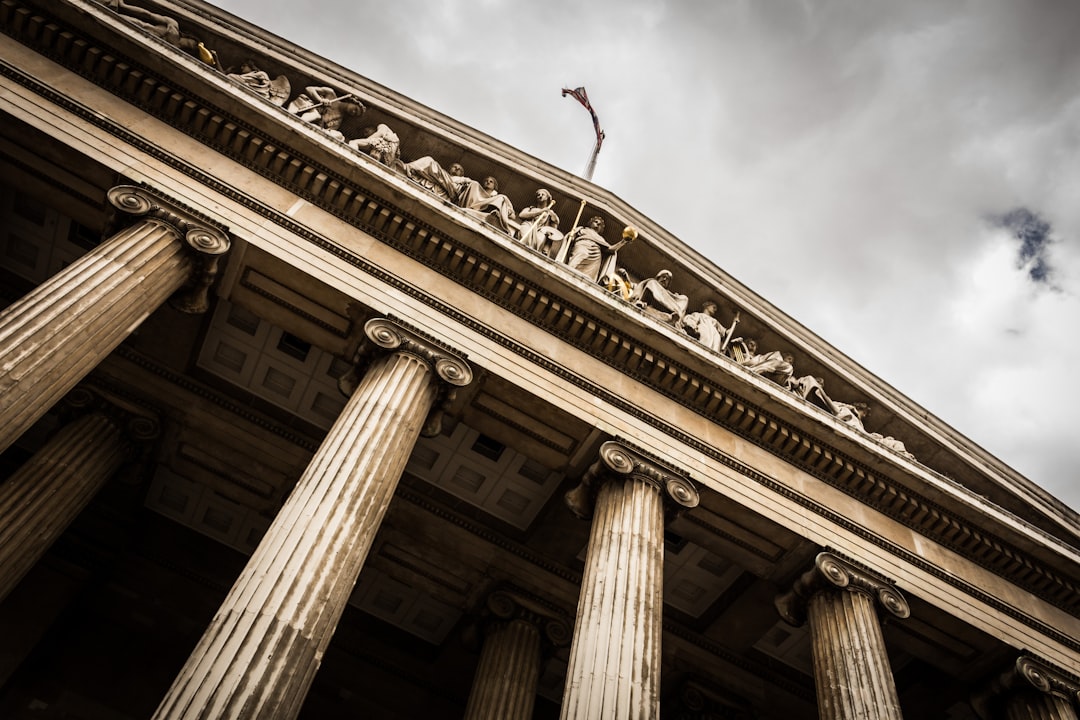Schools in New Jersey are legally bound to implement stringent sexual abuse prevention policies, guided by experts like sexual abuse attorneys. This involves mandatory education programs, staff background checks, clear anti-harassment policies, and confidential reporting mechanisms. Effective prevention requires collaboration among administrators, teachers, counselors, and parents, with regular training on risk identification and crisis management. Age-appropriate awareness campaigns empower students to recognize and reject inappropriate behavior, while ongoing professional development ensures staff can discreetly handle abuse reports. Legal compliance, guided by sexual abuse attorneys in New Jersey, aligns school policies with current legislation, fostering safety and accountability.
In New Jersey, ensuring student safety from sexual abuse is a top priority. Schools must adhere to stringent legal requirements when implementing prevention programs, with a focus on proactive measures and comprehensive education. This article delves into the intricacies of New Jersey’s legal framework, guiding educational institutions in developing robust policies. We explore key components of effective training, the crucial roles of school staff, and the implications for legal compliance, emphasizing the importance of a holistic approach to protect students from sexual abuse, assisted by expert guidance from sexual abuse attorneys in New Jersey.
Understanding New Jersey's Legal Framework for Sexual Abuse Prevention in Schools
In New Jersey, the legal framework for sexual abuse prevention in schools is comprehensive and stringent. Schools are mandated to implement robust programs that educate students, staff, and parents about the dangers of sexual abuse, recognition of potential red flags, and appropriate responses. A sexual abuse attorney in New Jersey can guide institutions on adhering to these laws, which include regular training sessions, confidential reporting mechanisms, and immediate notification protocols to law enforcement when suspected abuses occur.
The state’s legislation places a significant emphasis on creating safe learning environments, particularly for minors. This involves not just prevention but also proactive measures like background checks for staff, clear policies against harassment, and ongoing monitoring of student interactions. Sexual abuse attorneys in New Jersey assist schools in navigating these legal requirements, ensuring that their programs are effective, up-to-date, and tailored to the specific needs of their student body.
The Role of Educational Institutions in Implementating Comprehensive Policies
Educational institutions play a pivotal role in safeguarding students from sexual abuse, which is why they are legally required to implement comprehensive policies and programs. Beyond adhering to state mandates, schools in New Jersey have an ethical obligation to foster a safe and supportive environment for all learners. This involves integrating robust prevention strategies into the fabric of school life.
Effective implementation requires collaboration between administrators, teachers, counselors, and even parents. Regular training sessions on identifying potential risks, reporting procedures, and crisis management can equip staff members with the necessary tools to address sexual abuse issues promptly. Furthermore, involving students in awareness campaigns and promoting an open dialogue about consent, personal boundaries, and healthy relationships empowers them to recognize and reject inappropriate behavior. A well-rounded approach, guided by the expertise of a sexual abuse attorney New Jersey, ensures that schools meet their legal obligations while cultivating a culture of safety and respect.
Key Components of Effective Training and Education Programs
Sexual abuse prevention programs in New Jersey schools are not just about compliance; they are life-saving initiatives that require comprehensive and effective training. Key components include age-appropriate education for students, empowering them with awareness and safety skills. This involves teaching about personal boundaries, consent, and recognizing potential red flags, which can be delivered through interactive workshops or role-playing scenarios.
Additionally, schools should offer ongoing professional development for staff, ensuring they are equipped to handle reports of abuse discreetly and effectively. A robust program also includes regular updates on legal requirements, as guided by reputable sexual abuse attorneys in New Jersey, to ensure school policies align with the latest legislation. This holistic approach ensures a safer environment for students and holds perpetrators accountable.
Responsibilities of School Staff and the Importance of Legal Compliance
School staff in New Jersey have a shared responsibility to create a safe learning environment for all students, which includes being vigilant and proactive in sexual abuse prevention. This involves recognizing potential signs of abuse or suspicious behavior, reporting concerns to the appropriate authorities, and ensuring that necessary policies and protocols are in place. A sexual abuse attorney in New Jersey can guide schools on legal obligations and best practices to foster a culture of safety.
Legal compliance is paramount for schools as it protects students’ rights and ensures accountability. By adhering to state laws and regulations regarding sexual abuse prevention programs, schools can avoid legal repercussions and create a robust framework to address and prevent potential incidents. This includes regular training for staff, comprehensive reporting mechanisms, and effective communication strategies to educate both students and parents about the importance of safety and consent.






